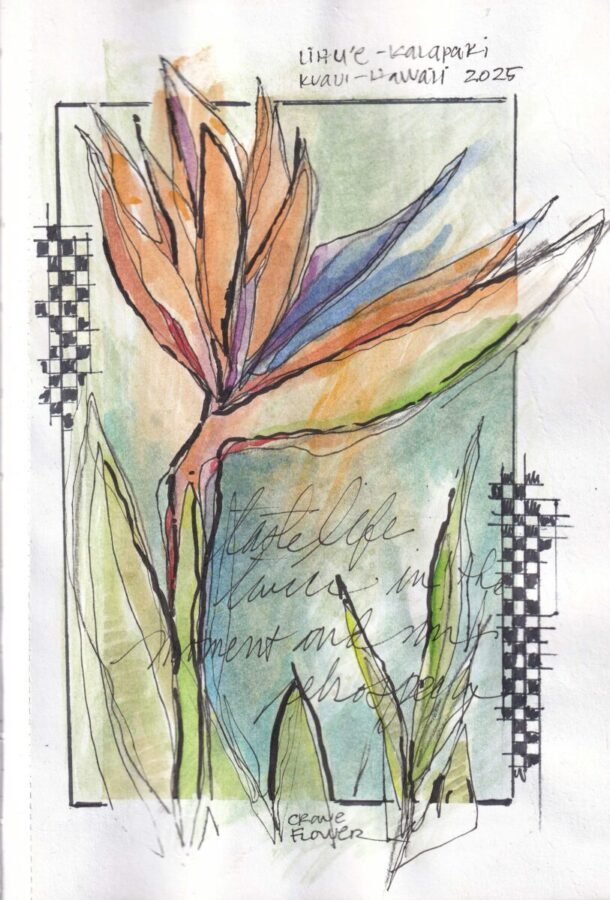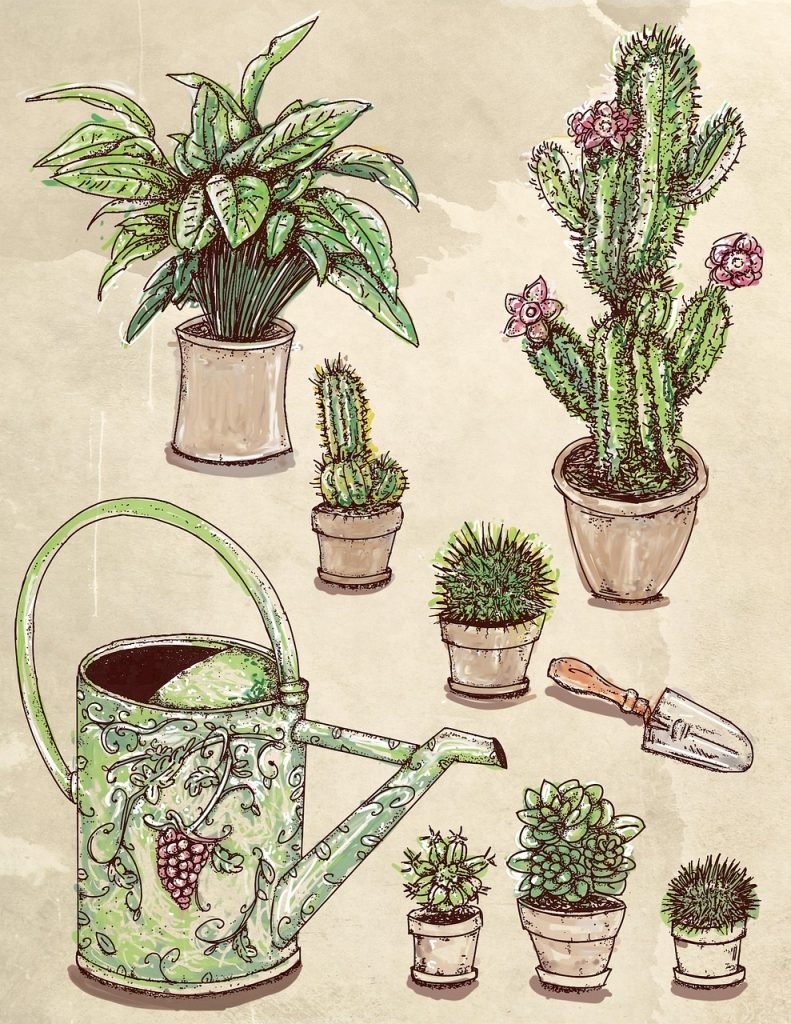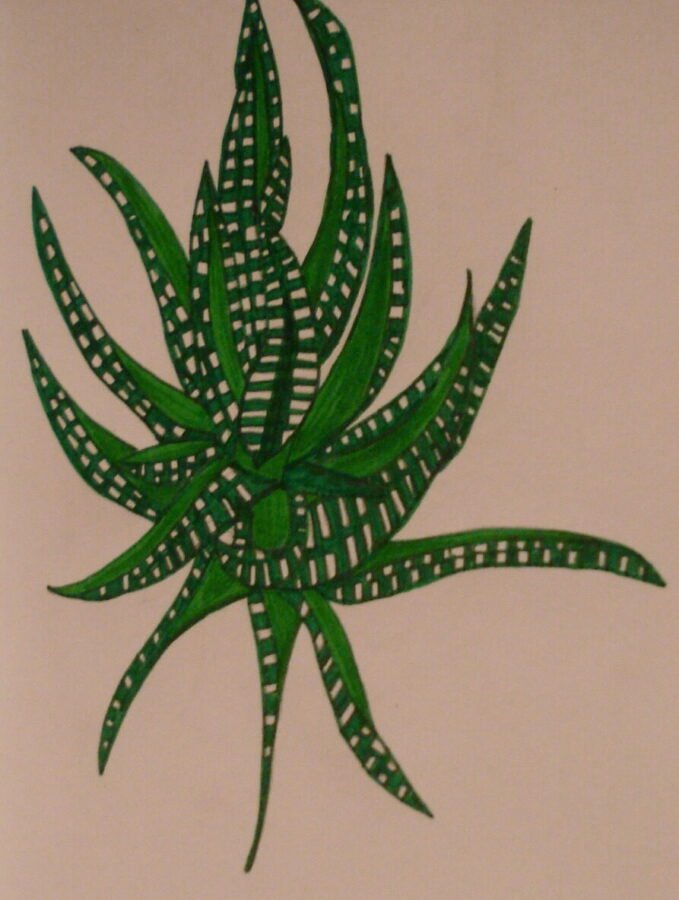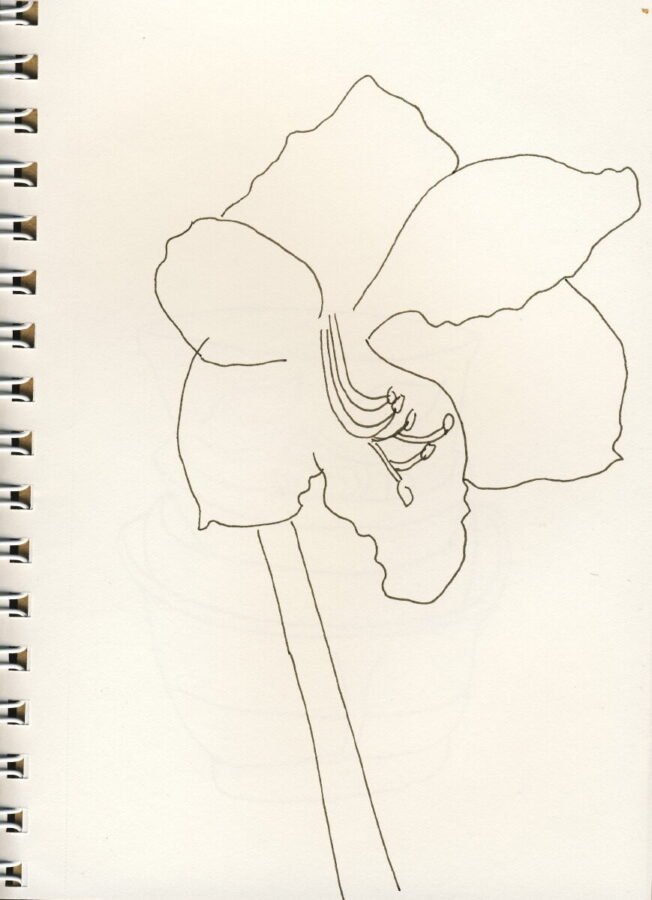Ignite Your Sketchbook Creativity
Houseplants are more than just greenery—they’re an endless source of artistic inspiration! If you’re looking for fresh ideas to fuel your sketchbook inspiration, your houseplants can provide intricate patterns, organic shapes, and vibrant textures. Whether you’re new to sketching or a seasoned artist, using your houseplants as subjects can help you hone your skills and spark creativity. In this blog post, we’ll explore techniques, tips, and subject ideas for turning your indoor jungle into an art masterpiece.

credit: TERRIGOODNESS
Why Houseplants Make Excellent Sketch Subjects
Houseplants bring unique elements to your sketches that make them dynamic and engaging. They’re easy to access and offer plenty of variety for different skill levels and styles.
Benefits of Sketching Houseplants
- Accessibility: You don’t need to leave your home—your sketchbook inspiration is right there on your windowsill.
- Complex Textures: From smooth leaves to rugged bark, houseplants offer diverse surfaces to study and replicate.
- Organic Shapes: Their natural curves and imperfect forms challenge your observational skills while adding depth to your sketches.
- Color Variety: Even when using monochrome mediums, the subtle patterns and gradients in houseplants are a great exercise in shading.
Preparing Your Sketching Setup
Before diving into sketching your houseplants, it’s important to prepare a comfortable and functional workspace.
Choosing the Right Spot
Find a location with good lighting—natural light is ideal for highlighting shadows, textures, and contours. Position your plants to showcase interesting angles or details.
Essential Tools
- Sketchbook: Opt for one with thick paper to handle detailed linework or shading techniques.
- Pencils: Begin with lighter pencils for basic outlines and use darker ones for detail work.
- Ink Pens: Fine-liners are excellent for outlining intricate features.
- Colored Pencils or Watercolors: Add pops of green or earthy tones to bring your sketches to life.
Staying Inspired
Set the mood with quiet music or nature sounds. Surround yourself with other plants or greenery to create an immersive atmosphere.
Techniques for Sketching Houseplants
Every artist has their unique style, but there are several techniques you can use to capture the beauty of houseplants effectively.
Observing Details
Pay attention to the small features of your plants—leaf veins, curvature, or bark texture. Study how the light plays across different parts of the plant and consider how to translate these observations into your sketches.
Experimenting with Perspectives
Sketch your plant from multiple angles to challenge yourself. Focus on close-ups for detailed textures or step back to capture the entire plant in its pot for a broader composition.
Capturing Organic Shapes
Plants aren’t perfectly symmetrical, and that’s what makes them so fascinating. Embrace the slight imperfections and flowing curves as you sketch their forms.
Adding Depth with Shading
Use pencils or ink to create gradients and shadows, highlighting the three-dimensional aspects of your houseplants. Consider the direction of light for realistic shading.
Using Color
While sketching in black and white is rewarding, incorporating color can elevate your work. Blend greens, browns, and yellows to highlight the natural vibrancy of your plants.
Subject Ideas for Plant Sketching
Need ideas for what to sketch? Here are some houseplant-themed inspirations to fuel your creativity.
Focusing on Leaves
Leaves are a classic choice for sketching, offering a variety of shapes and patterns:
- Broad leaves: Study plants like monstera or philodendron, with their bold shapes and cutouts.
- Slim, delicate leaves: Explore ferns or spider plants for intricate designs.
- Leaf veins and edges: Add texture and realism by focusing on these fine details.
Examining Pots and Containers
The pots your plants sit in can be just as interesting as the plants themselves. Consider sketching:
- Ceramic pots with unique patterns.
- Textured terracotta pots and their subtle imperfections.
- Contrasts between plants and their pot colors or designs.
Capturing Plant Growth
Observe the growth patterns of your houseplants and illustrate them over time:
- Sketch new shoots or leaves.
- Focus on the lifecycle of flowers, from budding to blooming.
- Highlight trailing vines as they stretch and climb.
Exploring Roots and Stems
Some houseplants reveal their roots or have intricate stem structures. These are great subjects for detail-focused sketches.
Going Beyond Individual Plants
Combine multiple plants in a single composition or sketch an entire shelf or corner of houseplants to capture their arrangement and interaction.
Tips for Maintaining Your Inspiration
To stay motivated and ensure your sketches keep evolving, consider these helpful tips.
Rotate Plants
Switch between different plants each week to keep your subject matter fresh and exciting.
Document Progress
Use your sketchbook as a visual diary to track your improvement and experiment with new techniques.
Challenge Yourself
Try time-limited sketches to focus on capturing essential details quickly or dive into detailed studies for more in-depth explorations.
Share Your Work
Sharing your sketches online or with friends not only encourages feedback but also inspires others to see the artistic potential of houseplants.

Sketchbooks.org | ART REPORTING | NEWS
Sketchbooks.org Is Looking for a New Editor
Sketchbooks.org Is Looking for a Volunteer Editor You don’t need to do everything—just what fits your strengths and energy. Some possibilities: 1. Write New Posts and Articles Help expand the site with fresh, supportive content....
Bringing Your Houseplant Sketches to Life
Sketching your houseplants can unlock new levels of creativity, helping you refine your skills and explore fresh ideas. With every leaf, curve, and shadow, your sketches will bring the beauty of nature into focus.
Call to Action
Grab your sketchbook and start drawing your favorite houseplant today! Whether it’s a towering fiddle-leaf fig or a tiny succulent, the possibilities are endless.
By embracing the beauty of your houseplants, you’ll find that inspiration is never far away. Happy sketching!

credit: BMATIENZA
Ready to Share Your Work?
Do you see your sketchbooks as a public or private space?







I just filled five pages with nothing but weirdly shaped leaves. So satisfying.